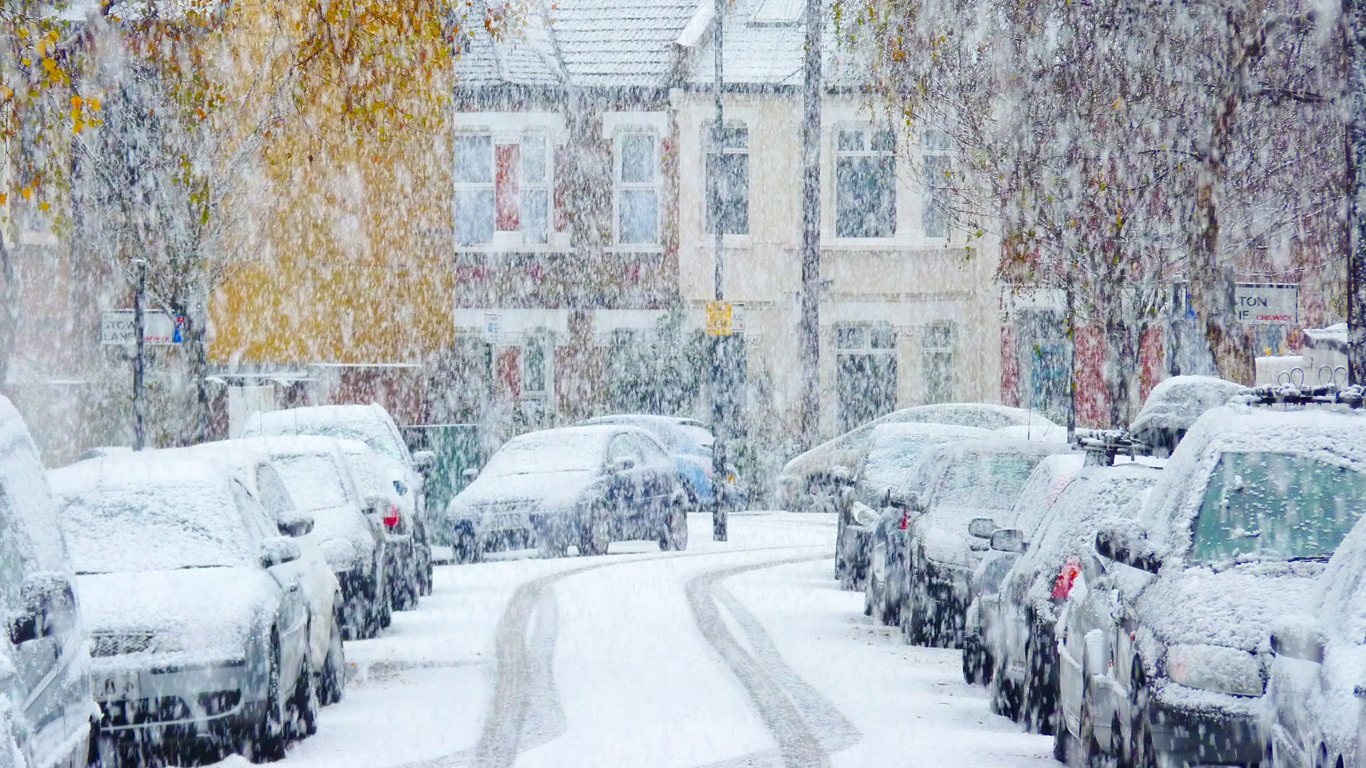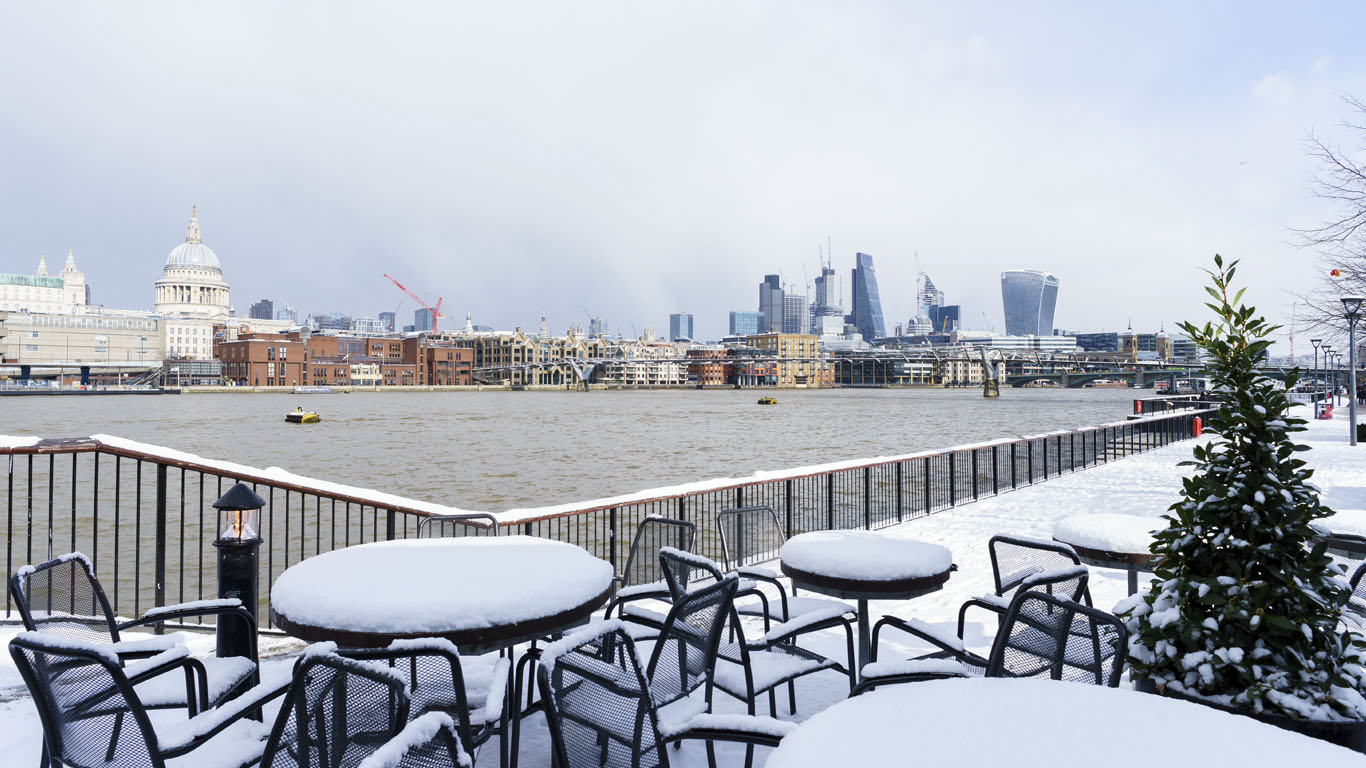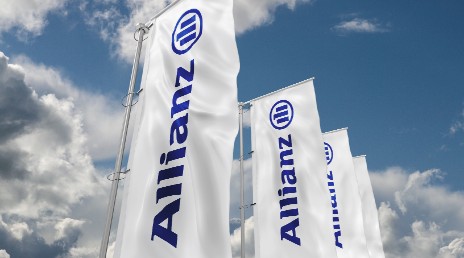Taking simple precautions to prepare for winter weather can significantly reduce the risk of damage to property. We’ve put together some guidance on protecting properties during the winter months.
Planning ahead for cold conditions
There are a number of protective measures businesses can consider taking to help prepare for cold conditions, including:
- Have a professional plumber check plumbing joints for leaks.
- Review insulation to protect pipes from freezing.
- Prevent the water supply stopcock from stiffening by testing it from time to time.
- Perform a comprehensive risk assessment to evaluate ice, flood and snow hazards, including large falling icicles, significant slippages of snow from sloping roofs or roof collapse from the weight of the snow.
- Develop a Business Continuity Plan (BCP) or Disaster Recovery Plan (DRP) to cater for winter-specific conditions.
Preventing frozen pipes
Burst pipes are a common cause of water damage. To stop pipes from freezing, businesses should consider:
- Lagging their pipes or having low-level heating near exposed pipework and tanks; keeping the thermostat at 12°C or 13°C maintains a consistent heat level that stops pipes from getting too cold.
- Ensuring a frost stat is fitted in areas vulnerable to freezing temperatures.
- Shutting and draining the water system in unused areas but keeping sprinkler systems active and suitably protected from freezing.
- Following manufacturer guidelines for shutting down and restarting the heating.
Planning ahead for flooding
It’s worth carrying out the following steps to help prepare properties for possible flooding:
- Check the relevant environmental regulator websites to see if the property is in an area that might be affected by flooding from a river, sea or other water source.
- Sign up to receive flood warnings. The Government runs a flood warning service.
- Review the Environment Agency's guide for preparing property for flooding.
Preparing for energy blackouts
The National Grid may need to restrict consumption by having planned blackouts to conserve supplies. It’s important that businesses prepare as much as possible to mitigate against any damage or interruption to trading or processes.
Some of our policies do provide cover where the supply of energy has been accidentally lost. However, they don’t provide cover for losses arising from the deliberate act of energy suppliers withholding or restricting supply or services, whether or not this is as a result of Government orders or advice, as this type of cover is not generally available in the UK Insurance market.
If a customer is unsure about the extent of cover provided in their policy they should contact their Insurance Advisor or Broker to discuss this.
To prepare for planned blackouts, businesses should consider the following:
- Understand whether the business is exempt from any UK Blackout. Check and apply if the business falls within one of these categories - a National or Regional critical need, a Public Health & Safety issue, a potential for catastrophic damage to high-value industrial plant. For full details see the UK Government produced document - Electricity supply emergency code (ESEC).
- Review any existing emergency, continuity and resilience plans, do these include power outages? If none are currently in place these should be written, communicated and training provided.
- Consider on-site generation alternatives of battery back-up, especially for any safety critical plant and machinery.
- Planned preventative maintenance must be kept up to date to ensure safe shutdown and start-up of the premises, machinery and plant.
- Document roles and responsibilities in advance, with any necessary training, instruction or information provided, to ensure that all relevant personnel are aware of the action required.
- Make sure all electric is isolated from plant and machinery until a controlled and safe start up process can be put into place.
- Review risk of slips, trips and falls which may be increased due to reduced lighting, unfamiliar routes and workplace transport safety arrangements.
- Review data back-up and storage procedures.
- Consider how to effectively communicate with employees, customers and contractors if IT and telephone systems (including mobile networks) are affected.
- Document roles and responsibilities in advance, with any necessary training, instruction or information provided, to ensure that all relevant personnel are aware of the action required.

Emergency temporary electrical supply
- Any generators on site should be serviced, maintained and tested in accordance with the manufacturers’ guidance, by a competent person.
- Emergency connections can be installed for leased equipment.
- Plan ahead and consider contracts for emergency generators from third party suppliers.
- A risk assessment and training should be completed to ensure the safe use and refuelling of a generator.
- All fuel needs to be kept at an adequate level but consider the increased risk this may create.
Alternative means of heating
- A risk assessment should be completed prior to use of any temporary heating and this should include any fuel necessary.
- Wood burning stoves, waste oil or ethanol heaters should be avoided where possible as they introduce potentially greater fire safety hazards. However, if this type of heating is chosen, a fixed purpose designed system, installed and maintained by a competent person would be the safest option. Such systems need to be positioned clear of any combustible materials (including the building itself), with sufficient and suitable storage for the fuel separate to the heater, emergency spillage controls and used (including refuelling and flue cleaning) in accordance with the manufacturer’s guidelines.
The information contained in this press release relates to Allianz Insurance plc. Allianz Insurance plc is one of the largest general insurers in the UK and part of the Allianz Group.
About Allianz Holdings plc
Allianz Holdings plc is the non-regulated holding company which owns the principal insurance operations of Allianz SE in Great Britain.
About Allianz
The Allianz Group is one of the world's leading insurers and asset managers with more than 100 million* private and corporate customers in more than 70 countries. Allianz customers benefit from a broad range of personal and corporate insurance services, ranging from property, life and health insurance to assistance services to credit insurance and global business insurance. Allianz is one of the world’s largest investors, managing 790 billion euros on behalf of its insurance customers. Furthermore, our asset managers PIMCO and Allianz Global Investors manage 1.7 trillion euros of third-party assets. Thanks to our systematic integration of ecological and social criteria in our business processes and investment decisions, we are amongst the leaders in the insurance industry in the Dow Jones Sustainability Index. In 2021, over 150,000 employees achieved total revenues of 148.5 billion euros and an operating profit of 13.4 billion euros for the group.
These assessments are, as always, subject to the disclaimer provided below.
Cautionary note regarding forward-looking statements
This document includes forward-looking statements, such as prospects or expectations, that are based on management's current views and assumptions and subject to known and unknown risks and uncertainties. Actual results, performance figures, or events may differ significantly from those expressed or implied in such forward-looking statements. Deviations may arise due to changes in factors including, but not limited to, the following: (i) the general economic and competitive situation in the Allianz Group's core business and core markets, (ii) the performance of financial markets (in particular market volatility, liquidity, and credit events), (iii) the frequency and severity of insured loss events, including those resulting from natural catastrophes, and the development of loss expenses, (iv) mortality and morbidity levels and trends, (v) persistency levels, (vi) particularly in the banking business, the extent of credit defaults, (vii) interest rate levels, (viii) currency exchange rates, most notably the EUR/USD exchange rate, (ix) changes in laws and regulations, including tax regulations, (x) the impact of acquisitions including and related integration issues and reorganization measures, and (xi) the general competitive conditions that, in each individual case, apply at a local, regional, national, and/or global level. Many of these changes can be exacerbated by terrorist activities.
No duty to update
The Allianz Group assumes no obligation to update any information or forward-looking statement contained herein, save for any information we are required to disclose by law.
*Including non-consolidated entities with Allianz customers.




























